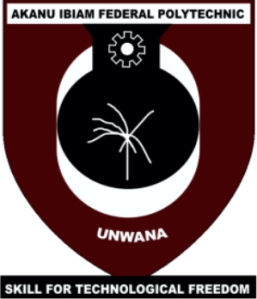

- ISSN: 2814 – 2802
- +234 0803 482 2346
- services@ajikt.org
EMERGING LIBRARY AND INFORMATION SERVICES FOR GRASSROOTS DEVELOPMENT: IMPLICATIONS FOR THE SURVIVAL OF THE VULNERABLE IN THE POST-COVID-19 ERA IN NIGERIA
Abstract
Using current literature to back up observed trends, the paper examines how emerging innovative library and information services can be used to effect sustainable socio-economic development for the survival of grassroots dwellers and other vulnerable members of the Nigerian society in the post-COVID-19 era. Using current literature to back up observed trends by the authors, the paper defines libraries as social institutions saddled with the selection, acquisition, processing, preservation, dissemination and retrieval of human recorded knowledge for the use of members of the society in aiding socio-economic development. It examines the impacts of COVID-19 on the Nigerian economy in areas such as reduced demand for labour and material resources, and budgetary cutbacks in the face of government shrinking revenue which have further escalated the rate of inflation and slowed down economic development. Grassroots dwellers are explained as integral members of the society with limited access to social amenities that can assist them in achieving their individual and communal goals which depend on the ability to make the right decisions with relevant and accurate innovative information services due to their vulnerability. Such innovative services include information repackaging, current awareness services, fact-checking services, information literacy services, barefoot information services, among others. The delivery of these services is affected by challenges such as inadequate personnel, funding, and information infrastructure, lack of political will, poor staff motivation, among others. This paper therefore recommends proper remuneration, adequate staff training and development, proper management of indigenous knowledge, etc, to handle the challenges raised.